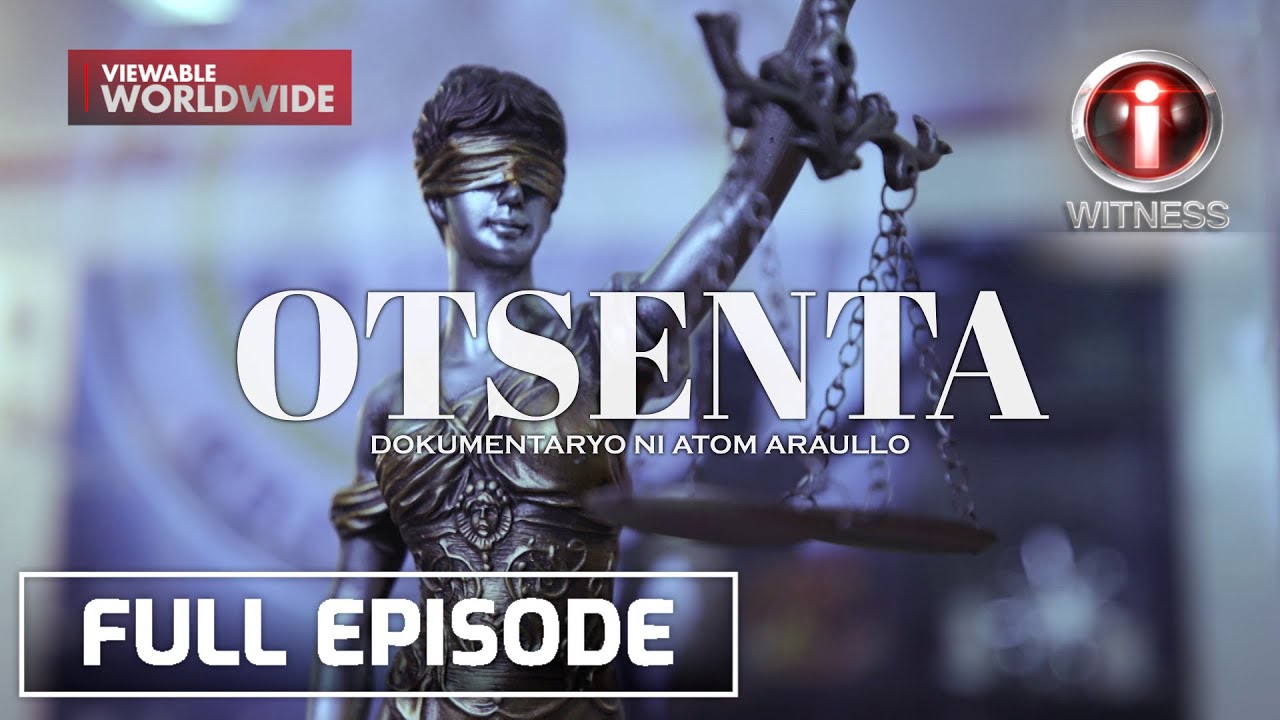Human Trafficking: Modern-day Slavery in America
Summary
TLDRThe script narrates the harrowing ordeal of girls trafficked from Ghana and Togo to the U.S., enslaved for years in Newark, New Jersey, working in hair braiding salons. Deprived of their childhood and freedom, they endured inhumane conditions and financial exploitation. The traffickers, a family involved in this heinous crime for profit, were eventually convicted, with the ringleader sentenced to 27 years. The story highlights the shocking reality of modern-day slavery and the resilience of the survivors who, after a tip to ICE, were finally liberated.
Takeaways
- 📜 The video script discusses a shocking case of modern-day slavery in the United States where young girls were held as slaves for years.
- 🌍 The victims were brought from West African nations, Ghana and Togo, under the false promise of an American education.
- 🕊️ The girls were instead forced into labor in Hair Braiding salons in Newark, New Jersey, with their captors taking all their earnings.
- 🕒 The girls worked seven days a week, sometimes up to 14 hours a day, enduring this for five to six years.
- 🗝️ The traffickers controlled every aspect of the girls' lives, leaving them trapped with no freedom and insufficient food.
- 💔 The victims lost their childhood and trust due to the actions of the traffickers, experiencing profound emotional and physical trauma.
- 👨👩👧👦 The traffickers were a family unit, with the wife as the ringleader and her husband and son as accomplices.
- 💰 The motive behind the trafficking was financial gain, with the traffickers making approximately four million dollars from the girls' labor.
- 🏢 The US Attorney's Office in New Jersey prosecuted the case, leading to convictions and lengthy prison sentences for the traffickers.
- 🏡 The girls were held in seemingly normal houses in American neighborhoods, masking the horrific conditions they were living in.
- 🚨 It took a tip to Immigration and Customs Enforcement (ICE) and subsequent surveillance to finally rescue the girls and expose the operation.
- 🏛️ A notebook found at the scene, with the Statue of Liberty on its cover, ironically documented the tips the girls received, highlighting the contrast between the promise of freedom and their reality.
Q & A
What was the situation of the girls mentioned in the transcript?
-The girls were victims of human trafficking, held as slaves in Newark, New Jersey, for years, controlled by their captors and forced to work in Hair Braiding salons.
What did the traffickers promise the girls before bringing them to the U.S.?
-The traffickers promised the girls an American education, but instead, they were enslaved and forced to work in salons.
How long did the girls work each day and week under the control of the traffickers?
-The girls worked seven days a week, sometimes for as long as 14 hours a day, for five to six years.
What were the conditions the girls were living in according to the script?
-The girls were living in filthy conditions with mattresses on the floor and were kept in several houses in Newark and East Orange.
Who were the main traffickers involved in this case as mentioned in the transcript?
-The main traffickers were Ikuo Furusawa, his wife Lisi, and their son Derek, with Lisi being the ringleader.
What was the financial gain for the traffickers from enslaving the girls?
-The traffickers made about four million dollars off the girls by taking all the money they earned.
What was the role of the US Attorney for New Jersey in this case?
-Paul Fishman, the US Attorney for New Jersey, prosecuted the case, which resulted in convictions for the traffickers.
What were the sentences given to the traffickers by the Newark Court?
-Ikuo Furusawa was sentenced to 27 years in prison, the father got 24 years, and the son received four and a half years.
How did the girls' situation come to the attention of authorities?
-A tip came to Immigration and Customs Enforcement (ICE), which led to months of surveillance and eventually a raid on the houses where the girls were held.
What did the ICE agents find during the raid of the houses?
-The ICE agents found the girls living in poor conditions, bags of cash, the girls' passports, and a notebook used to track the tips they received at the salon.
How did the girls feel after being freed from their captors?
-The girls, now young women, felt relieved and happy to be free, with some expressing that they cried and were overwhelmed by the experience.
Outlines

This section is available to paid users only. Please upgrade to access this part.
Upgrade NowMindmap

This section is available to paid users only. Please upgrade to access this part.
Upgrade NowKeywords

This section is available to paid users only. Please upgrade to access this part.
Upgrade NowHighlights

This section is available to paid users only. Please upgrade to access this part.
Upgrade NowTranscripts

This section is available to paid users only. Please upgrade to access this part.
Upgrade NowBrowse More Related Video

My Stolen Childhood: Understanding the trokosi system - BBC Africa Eye documentary

Assam's modern slaves: the real price of a cup of Tetley tea | Guardian Investigations

Art Trip: Tijuana | The Art Assignment | PBS Digital Studios

'Otsenta,' dokumentaryo ni Atom Araullo | I-Witness

What is South Korean Prison Like - www.TheBookENDURE.com - A True Account of SK Prison

Video 16 ottobre
5.0 / 5 (0 votes)